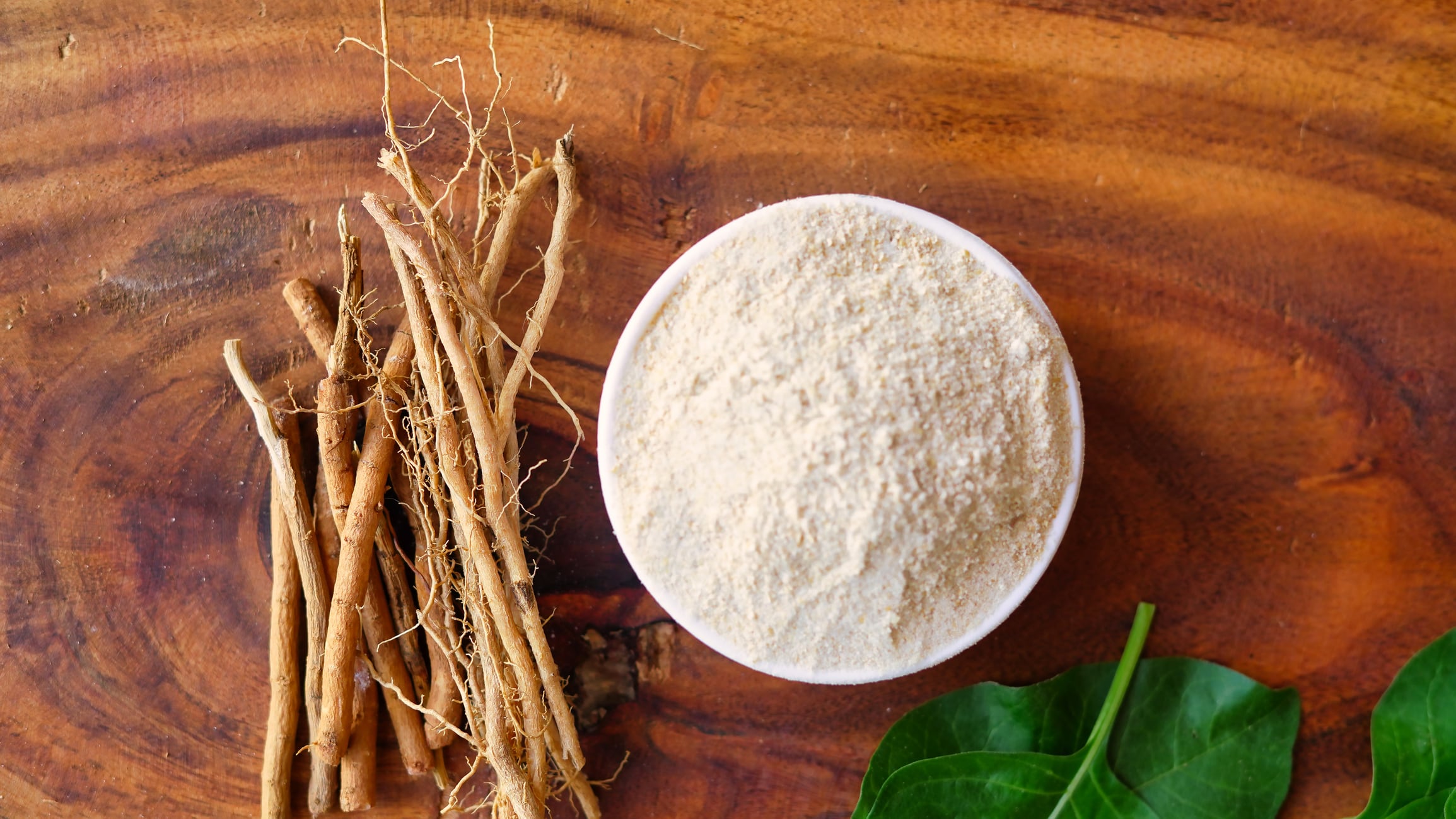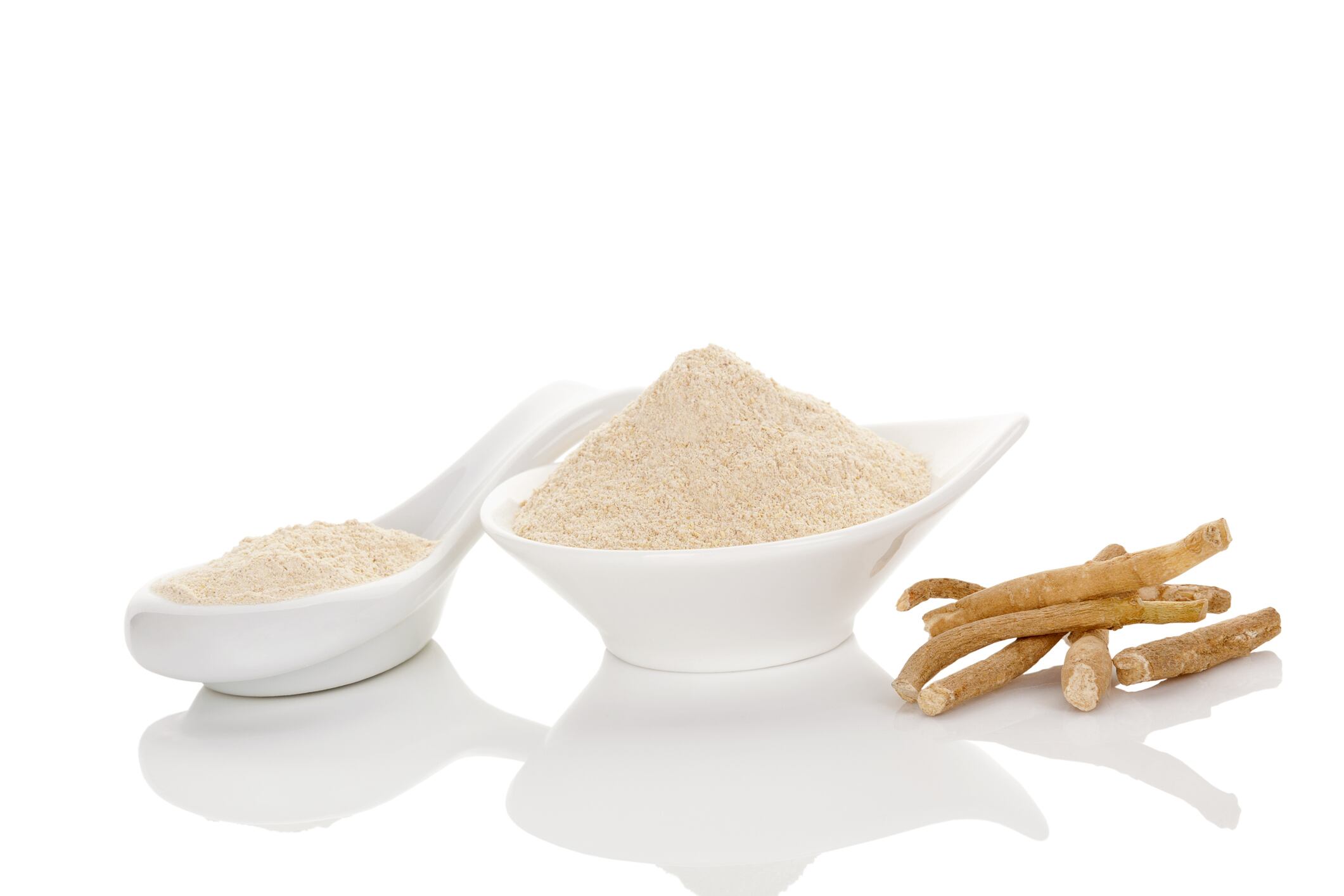The 60-day supplementation trial used Arjuna Natural’s Somin-On ingredient, which is standardized to 2% Sominone, a specific withanolide found in ashwagandha (Withania somnifera).
“Our new ashwagandha formulation was developed in direct response to the rising concerns of cognitive decline among today’s aging population,” said Benny Antony, PhD, joint managing director of Arjuna Natural, in a press release. “This group is actively seeking natural solutions to maintain mental clarity and focus and help prevent any potential onset of dementia as its members age. Somin-On offers a promising, safe and natural approach for supporting brain function helping older adults stay sharp and mentally agile.”
“There currently is no approved standard of treatment available for MCI in the allopathic medical world,” he added. “Somin-On is our answer to this unmet need and to help address the issue of cognitive decline using natural agents.”
Arjuna Natural has already offered the Shoden flagship ashwagandha extract, which is standardized to 35% withanolide glycosides.
A long history of safe use
The study adds to an ever-growing body of science supporting ashwagandha’s potential health benefits.
The herb has a history of use in ayurvedic medicine that dates back as much as 4,000 years to the teaching of renowned scholar Punarvasu Atreya and in subsequent works that make up the ayurvedic tradition, according to a monograph from the American Herbal Pharmacopoeia (AHP). The name of the herb derives from Sanskrit, and means “smells like a horse”, which refers to the strong smell of the root which is said to be redolent of horse sweat or urine.
Ashwagandha root is a well-known adaptogen—a substance believed to increase the body’s ability to adapt to different forms of stress.
“Sominone is identified as the main active metabolite responsible for these specific effects,” said Antony. “Ashwagandha is a traditional Ayurvedic herb that has been widely used for centuries to manage stress and anxiety, and cognitive support function. This compound has been identified and extensively analyzed for its potential benefits in enhancing memory and cognitive functions.”
The new study, published in the Journal of Psychopharmacology, adds to the herb’s potential brain health benefits, focusing this time on people with mild cognitive impairment (MCI).
Brain functioning is known to naturally decline with age, and MCI is a transitional state when small changes in memory and other mental abilities coexist with normal functioning.
Such declines in functions are often a warning sign of dementia—a term used to describe various different brain disorders that a progressive loss of brain functioning in common.

Study details
Forty subjects with MCI were randomly assigned to receive either the ashwagandha extract (Somin-On, 250 mg per day) or placebo for 60 days.
Results showed that the ashwagandha group experienced significant improvements in multiple areas of cognitive function, compared to the placebo. Improvements were recorded for immediate memory, general memory and working memory, according to the Wechsler Memory Scale-III (WMS-III).
In addition, Somin-On supplementation was associated with significant improvement in additional memory assessments including the Montreal Cognitive Assessment (15% after 60 days, compared to baseline) and Mini Mental State Examination (19% after 60 days, compared to baseline).
“The supplementation of Somin-On is an effective therapy to improve the immediate, general and working memory, as well as cognitive functions like attention and information processing speed in adults with MCI,” the researchers concluded.
Source: Journal of Psychopharmacology, Volume 39, Issue 4. doi: 10.1177/02698811251324377. “Effect of ashwagandha (Withania somnifera) extract with Sominone (Somin-On) to improve memory in adults with mild cognitive impairment: A randomized, double-blind, placebo-controlled study”. Authors: H. Prakash Rai, et al.





